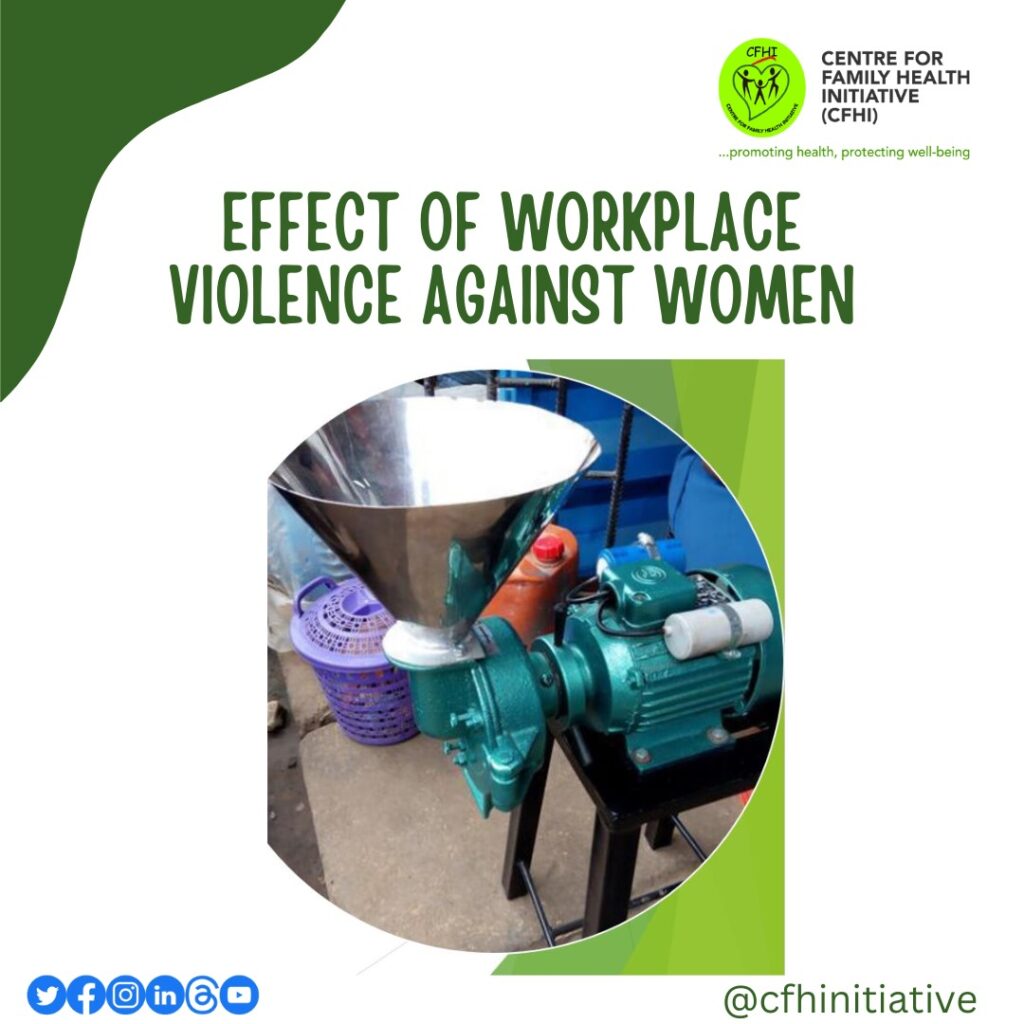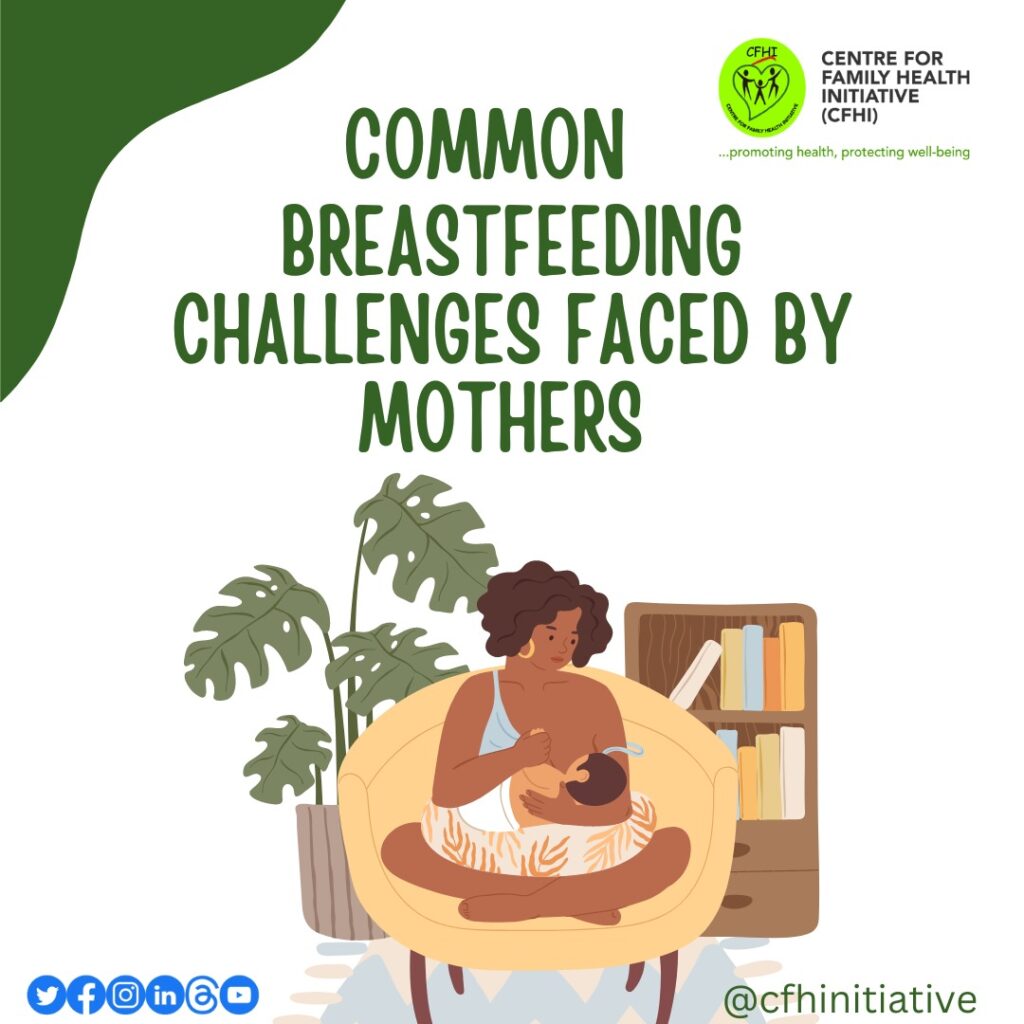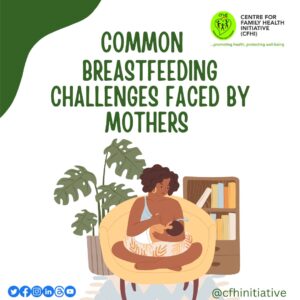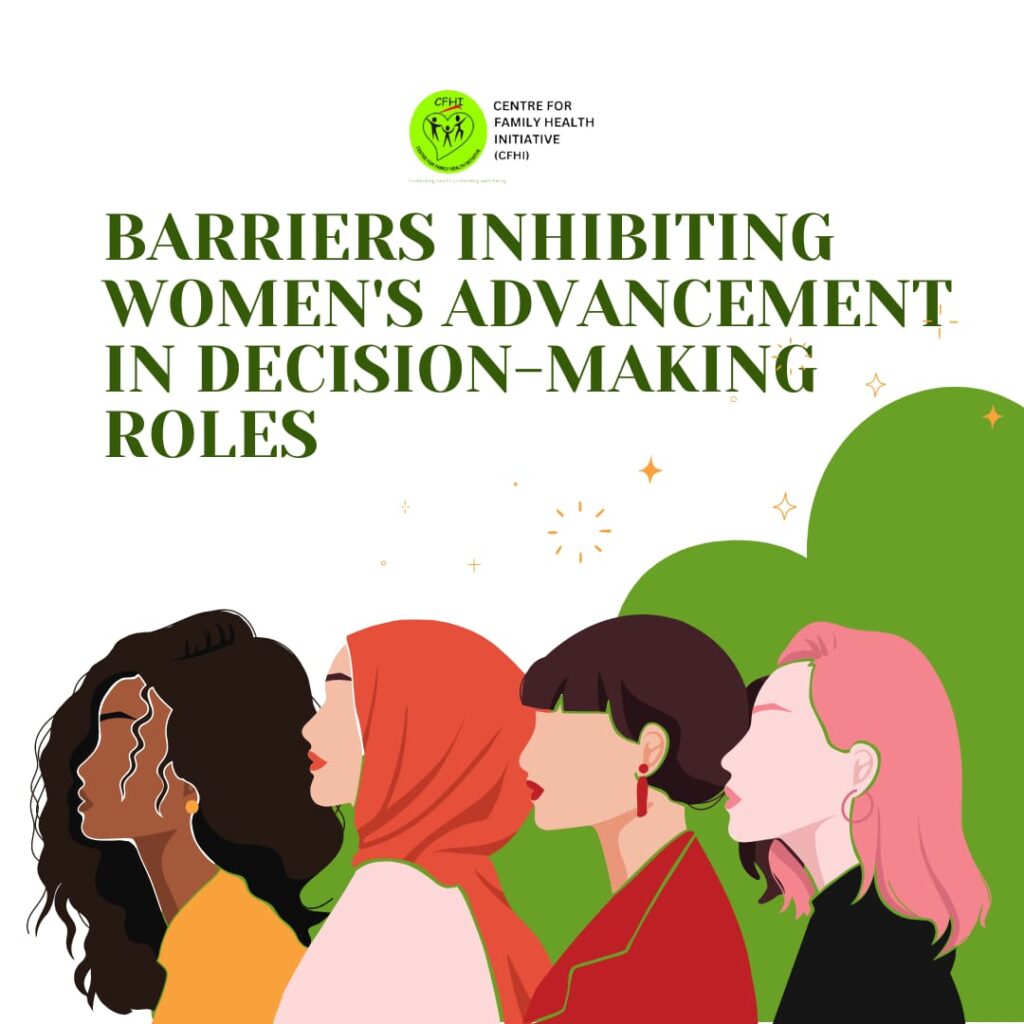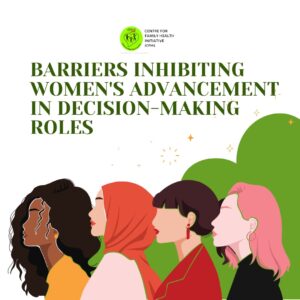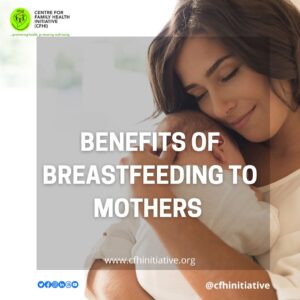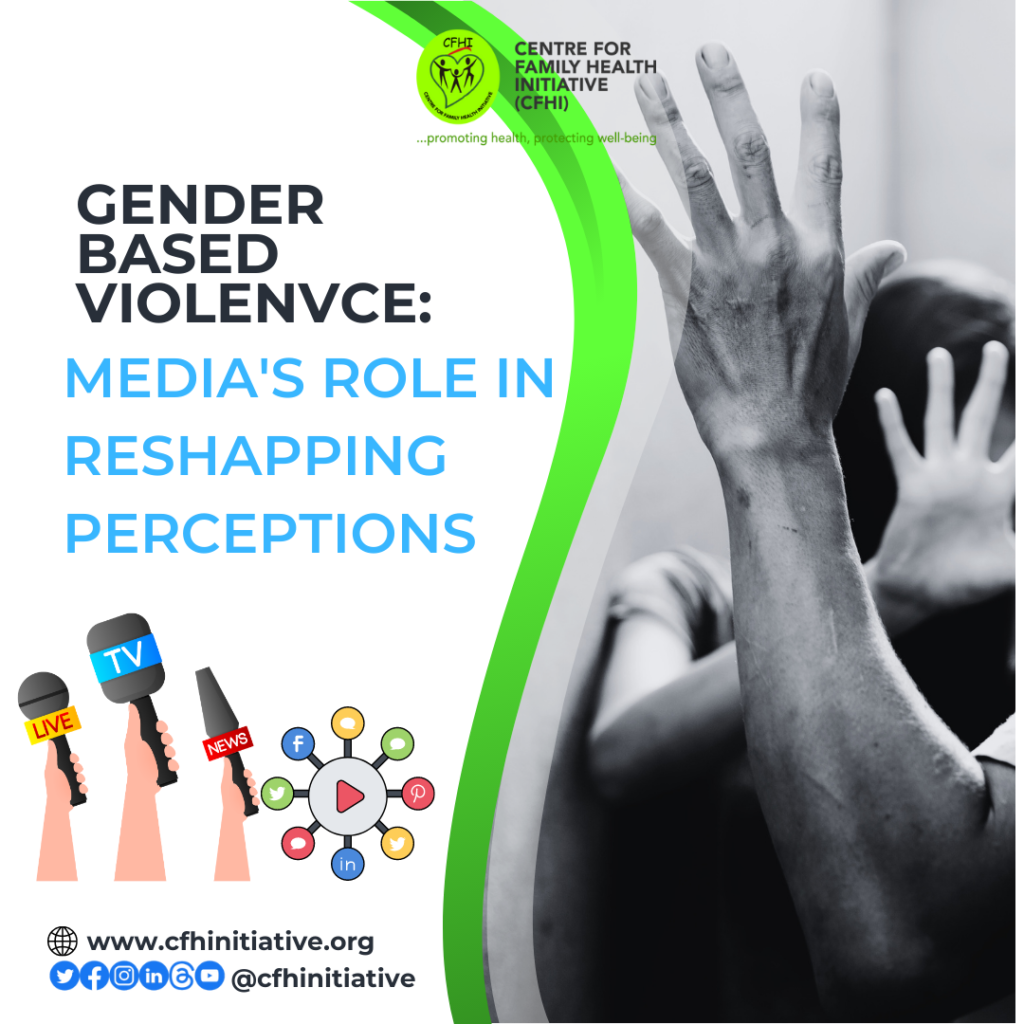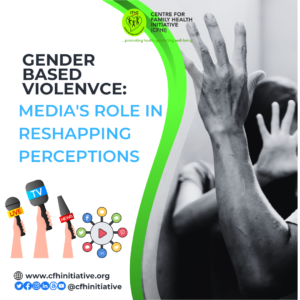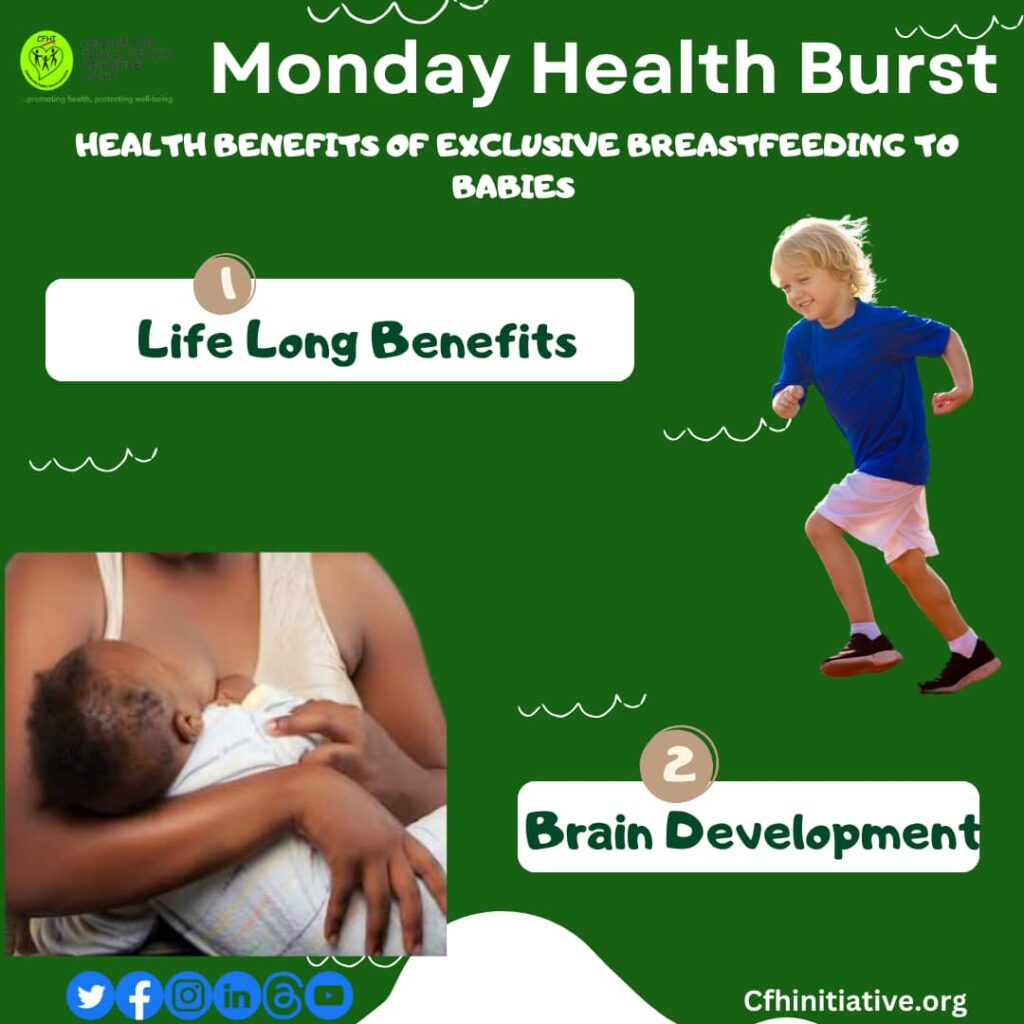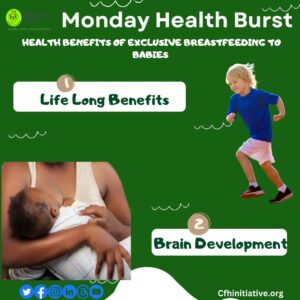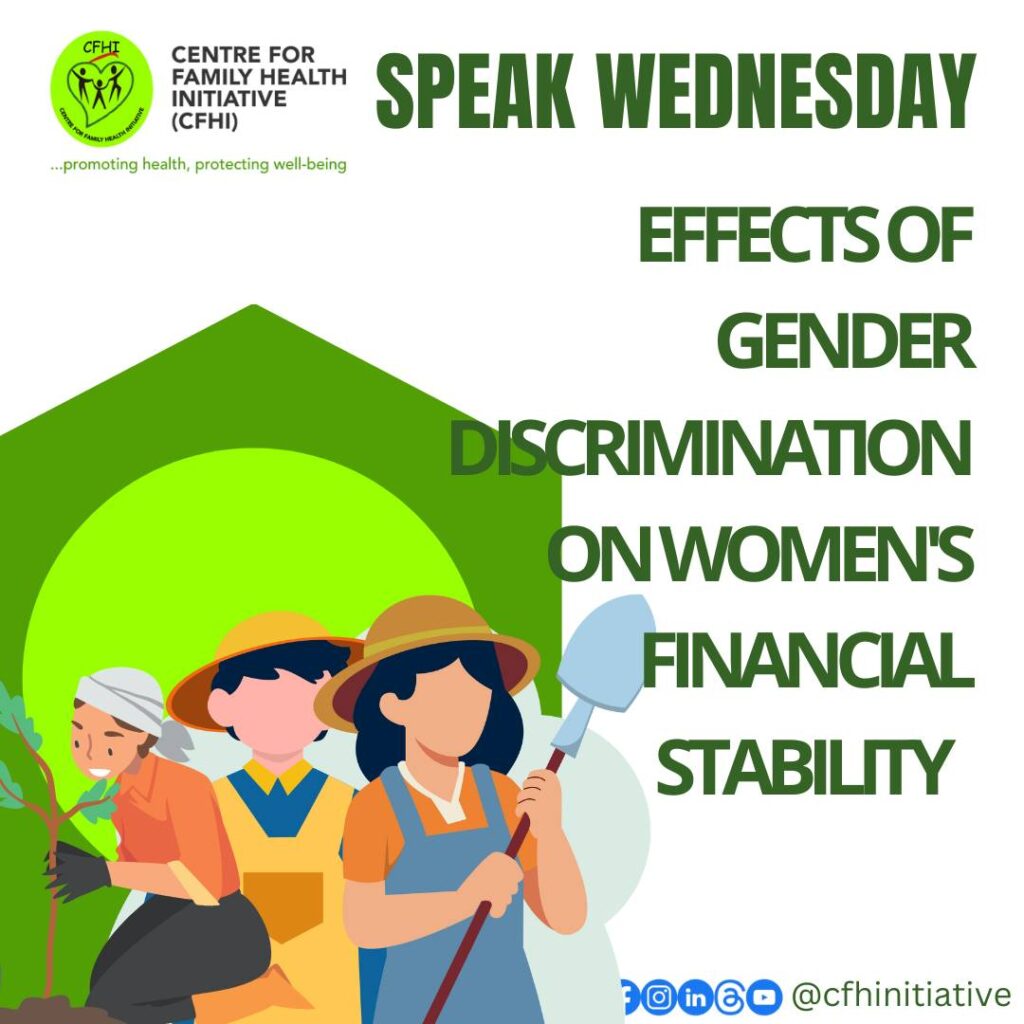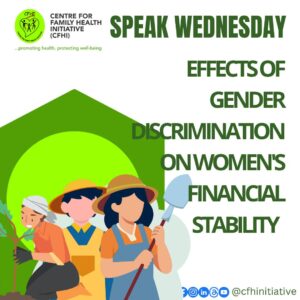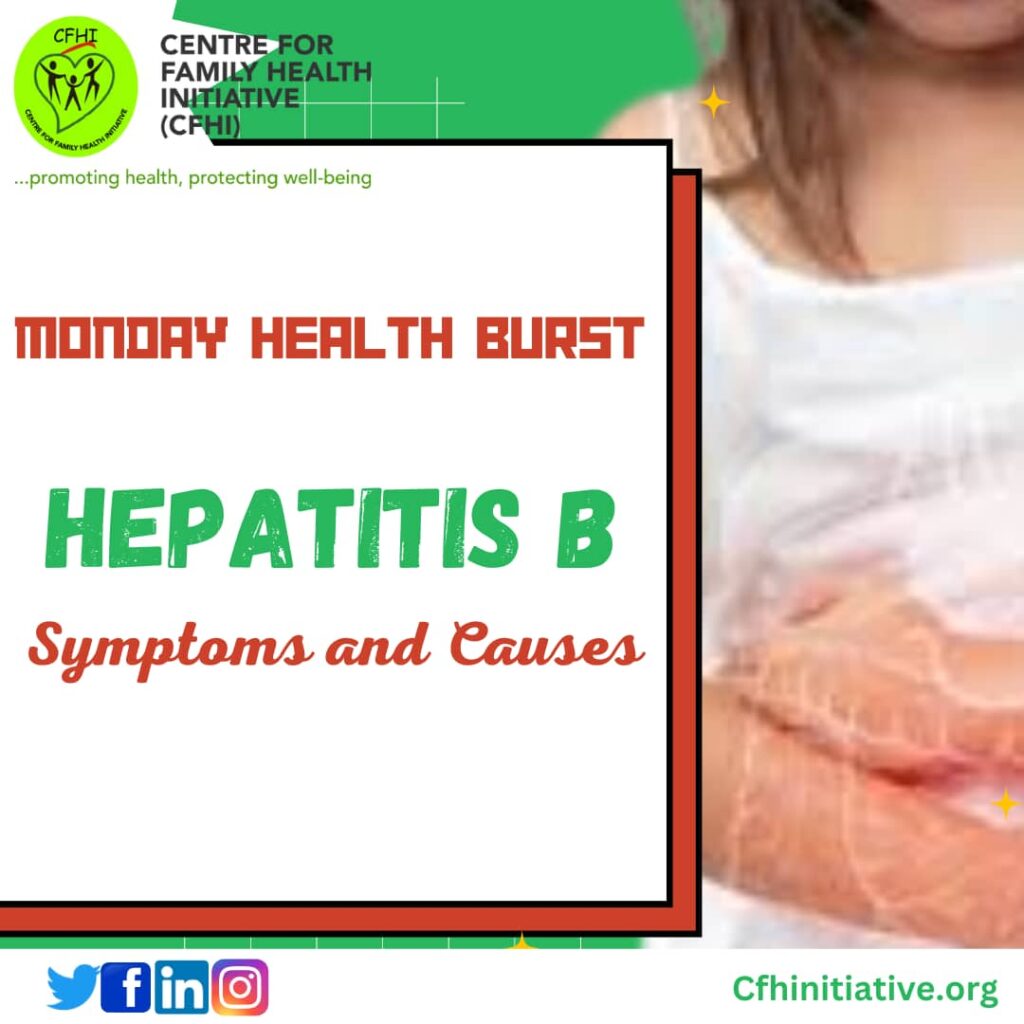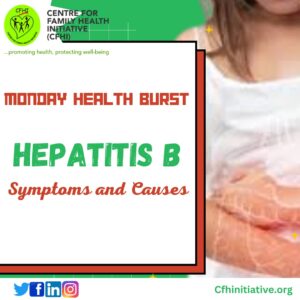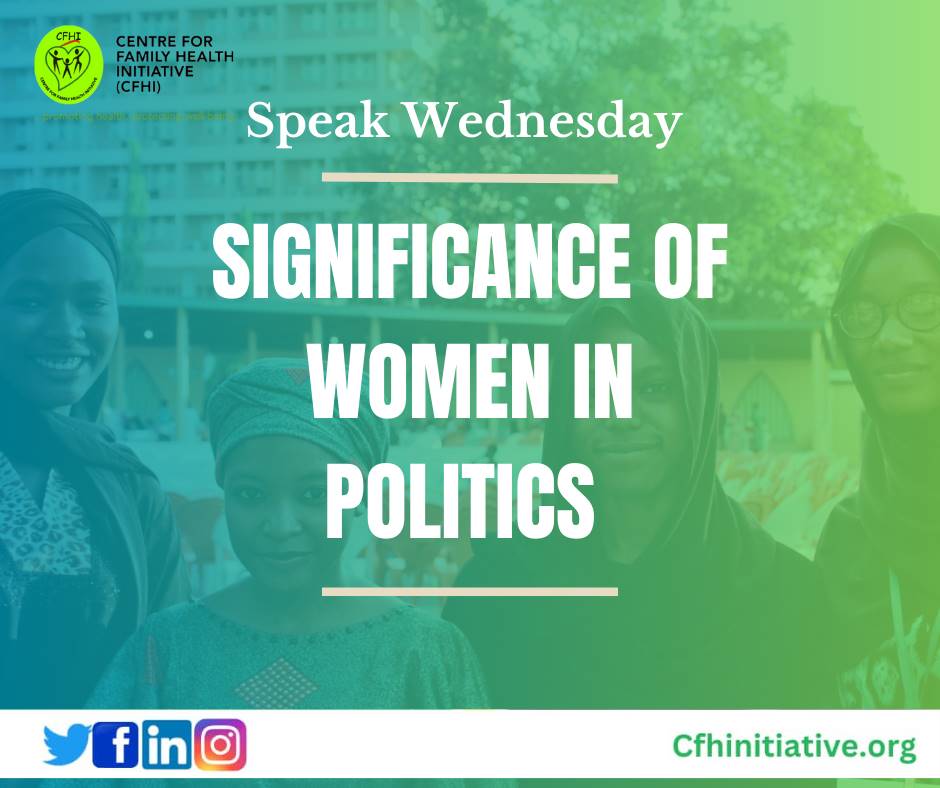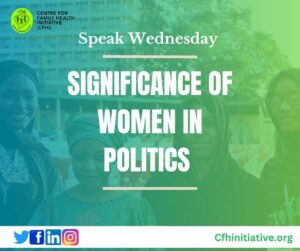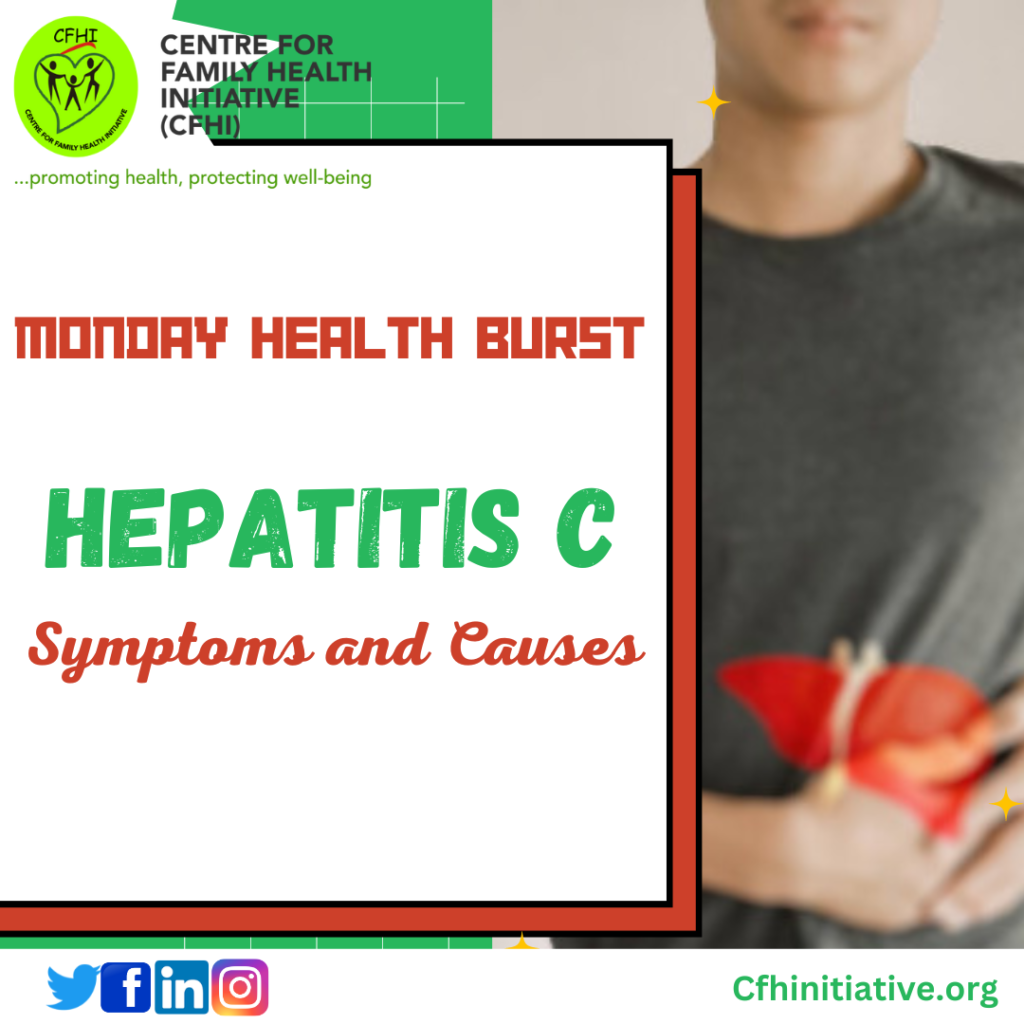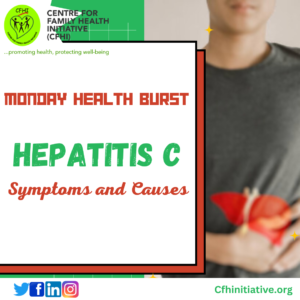SPEAK WEDNESDAY ON EFFECT OF WORKPLACE VIOLENCE AGAINST WOMEN
A lot of female workers are forced to work in intimidating, hostile or humiliating environment where they are often asked for sexual favors, exposed to inappropriate jokes, insinuations and physical contact that can amount to assault making a work environment uncomfortable for them. According to research, between 40 and 50 percent of women experience unwanted sexual advances, physical contact or other forms of sexual harassment at work.
In today’s edition of Speak Wednesday, we retell the story of one of our beneficiaries, Grace (not her real name). Grace, an orphan, who was discovered by one of our community volunteers in Sabon Lugbe community, was a victim of workplace violence. She worked as a live-in house help for a certain family in the community, but was occasionally sexually abused by her boss. Although she endured for a while out of desperation to keep her job (she was the bread winner of the home), she had to leave because it started affecting her mental health and productivity. Few months later, she got a job in a beer parlour where she was also preyed upon sexually by both the customers and the owner of the business.
When CFHI was made aware of her sad experience, she was immediately enrolled into skills acquisition training and given startup kits for her business through IHVN project. Currently, she is successfully running her tailoring business in the community.
Gender based violence in the workplace is a major hindrance to women’s economic empowerment, autonomy and independence, however, this can be tackled if there is a collective agreement by major stakeholders on policies to prevent and address GBV in the workplace.
Thank you for joining today’s Speak Wednesday on workplace violence. Join us every Wednesday for more episodes as we work together to end all forms of violence against women and girls.
#SpeakWednesday #GBVStory #EndGBVNow
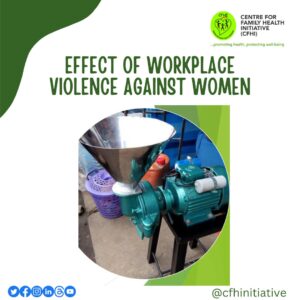
SPEAK WEDNESDAY ON EFFECT OF WORKPLACE VIOLENCE AGAINST WOMEN Read More »

